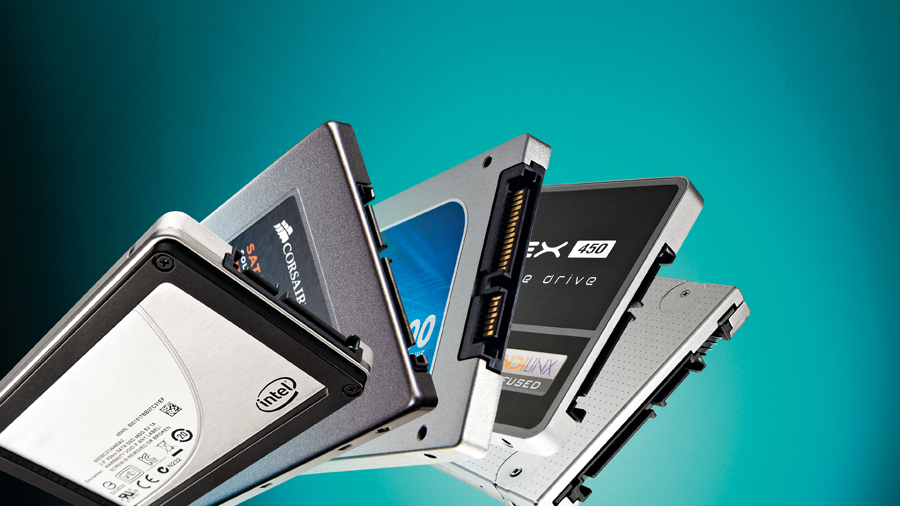Here's how your next SSD could be much, much faster than your current one
Not only are Intel Optane drives coming, but also blazing fast SSDs from Micron

You may recall that when 3D Xpoint was first unveiled – the technology which promises superfast SSDs and system memory – as well as Intel, co-developer Micron said it would make products based on this tech.
And now, over at the Flash Memory Summit in the US, Micron has revealed that it intends to partner up with major storage vendors to produce enterprise SSDs based on 3D Xpoint (that's pronounced 'crosspoint' by the way) which will go under the QuantX brand.
Intel's 3D Xpoint SSDs are branded as Optane, and the first drives will be available before 2016 is out, aimed at enthusiast PC owners (i.e. they'll be darn expensive, but will offer gamers benefits such as almost-instant level loading).
Optane drives will, of course, also be pitched at data centres, and Intel's system memory based on 3D Xpoint will be more aimed at servers and data centre usage, rather than enthusiasts.
Partnering up
Micron hasn't said which drive manufacturers will produce and market its QuantX SSDs, but the company will reveal its initial partner in the next few months, with drives expected to become available by the middle of next year at the earliest.
While servers are the initial target with enterprise SSDs of up to 1.4TB in size, the QuantX brand may well (and we'd suggest it's likely) diversify in the future, with products more like some of Intel's planned enthusiast offerings. We'll just have to see.
When it was initially revealed, 3D Xpoint was talked up as the biggest memory breakthrough since NAND flash first came to light. The technology utilises a transistor-less crosspoint architecture that's something like a 3D chessboard, which allows data to be read and written in small sizes at much faster speeds.
Are you a pro? Subscribe to our newsletter
Sign up to the TechRadar Pro newsletter to get all the top news, opinion, features and guidance your business needs to succeed!
Meanwhile, another big SSD development today is Seagate's announcement of a new 60TB monster drive.
Via: PC World
Darren is a freelancer writing news and features for TechRadar (and occasionally T3) across a broad range of computing topics including CPUs, GPUs, various other hardware, VPNs, antivirus and more. He has written about tech for the best part of three decades, and writes books in his spare time (his debut novel - 'I Know What You Did Last Supper' - was published by Hachette UK in 2013).